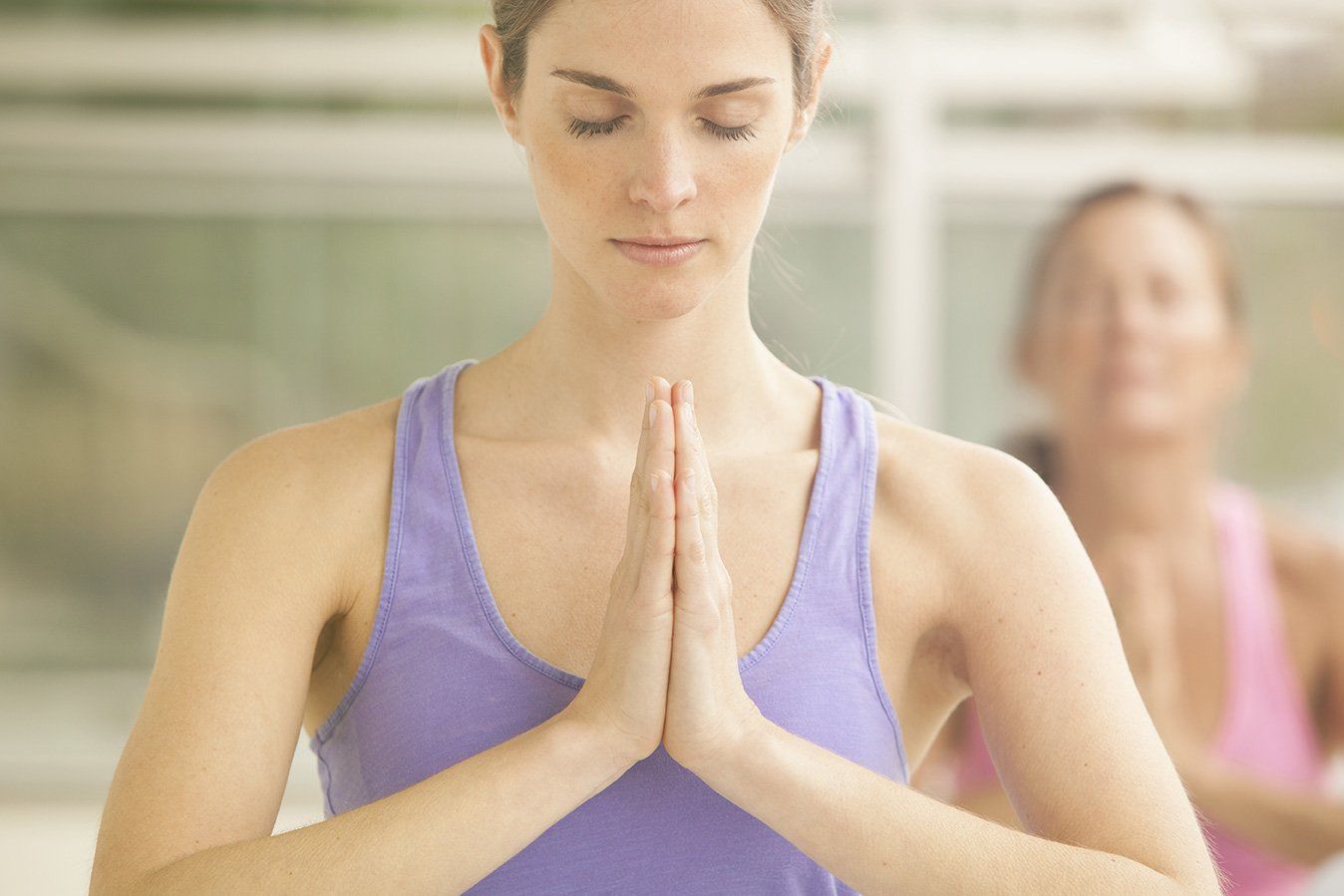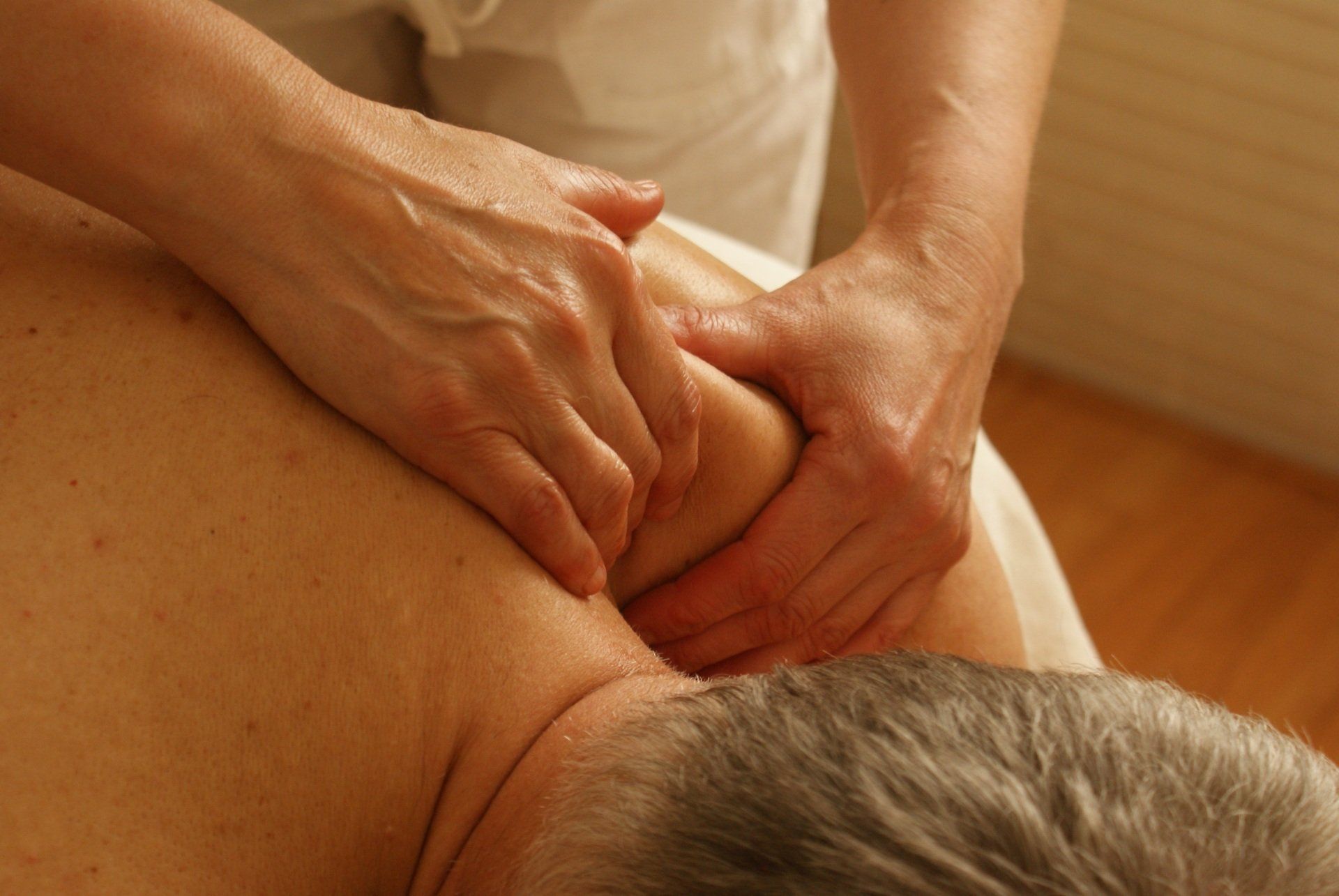The Importance of Holistic Self-Care
The Importance of Holistic Self-Care
How well do you take care of yourself? Maybe this is a question you are asking yourself regularly or perhaps it has fallen by the wayside.
The pace of life can make it difficult to manage. With all the responsibilities you have - friends, family, work - it can be hard for people to prioritize their self-care. People tend to not approach health holistically. They often focus on one aspect of their self-care, i.e. the mind and the body. Let's discuss the importance of holistic self-care and offer some easy ways to incorporate it into your self-care routine.
What exactly is "Holistic self-Care"? And why is it so important?
The Global Wellness Institute defines well-being as "the active pursuit and choice of activities, lifestyles, and choices that lead to a holistic state of health." These categories of holistic health can be broken down into mental and emotional, as well as physical and spiritual dimensions. However, they could also include social and environmental aspects. We can focus our attention by starting with a broad definition.
The holistic approach to self-care is both the physical and emotional side of wellness. Although it can be difficult to define, it helps to have a framework to help you get started. Duke Integrative Medicine's Wheel of Health (2010) breaks it into seven major categories.
- Moving, exercising, and taking a break
- Nutrition
- Professional and personal development
- Physical environment
- Communication and relations
- Spirituality
- Mind-body connection
This wheel focuses on the Mind-Body Connection. Your mind and your body can be seen as two separate entities. What you think can influence how you feel. In turn, how you feel can impact your thinking. Everybody has experienced stress, both at work and in personal life. Perhaps you can recall the emotional stressors that led to discomforts such as pain, tension, and stomach problems. Physical pain, discomfort, and health problems can have a negative impact on your emotions. This can lead to feelings of anxiety, depression, and stress. This powerful example shows why it is crucial to take a holistic approach when looking after your self-care.
These are the key practices to support your holistic self-care.
- Mental- Search for learning opportunities, challenge your brain and use problem-solving techniques to keep you challenged
- Emotional mind-body techniques like deep breathing and meditation are focused on strengthening the harmonious connection between mind, body, and spirit to improve or maintain your health.
- Physical- In addition to your regular exercise, you can schedule a monthly masseuse! Massage therapy combines professional and self-care to relieve pain, promote relaxation, reduce stress, tension, and manage health conditions.
- Spiritual-Connecting with yourself and the world around your through time spent in nature and journaling. You can also connect with your spiritual community to help you practice your beliefs in groups.











